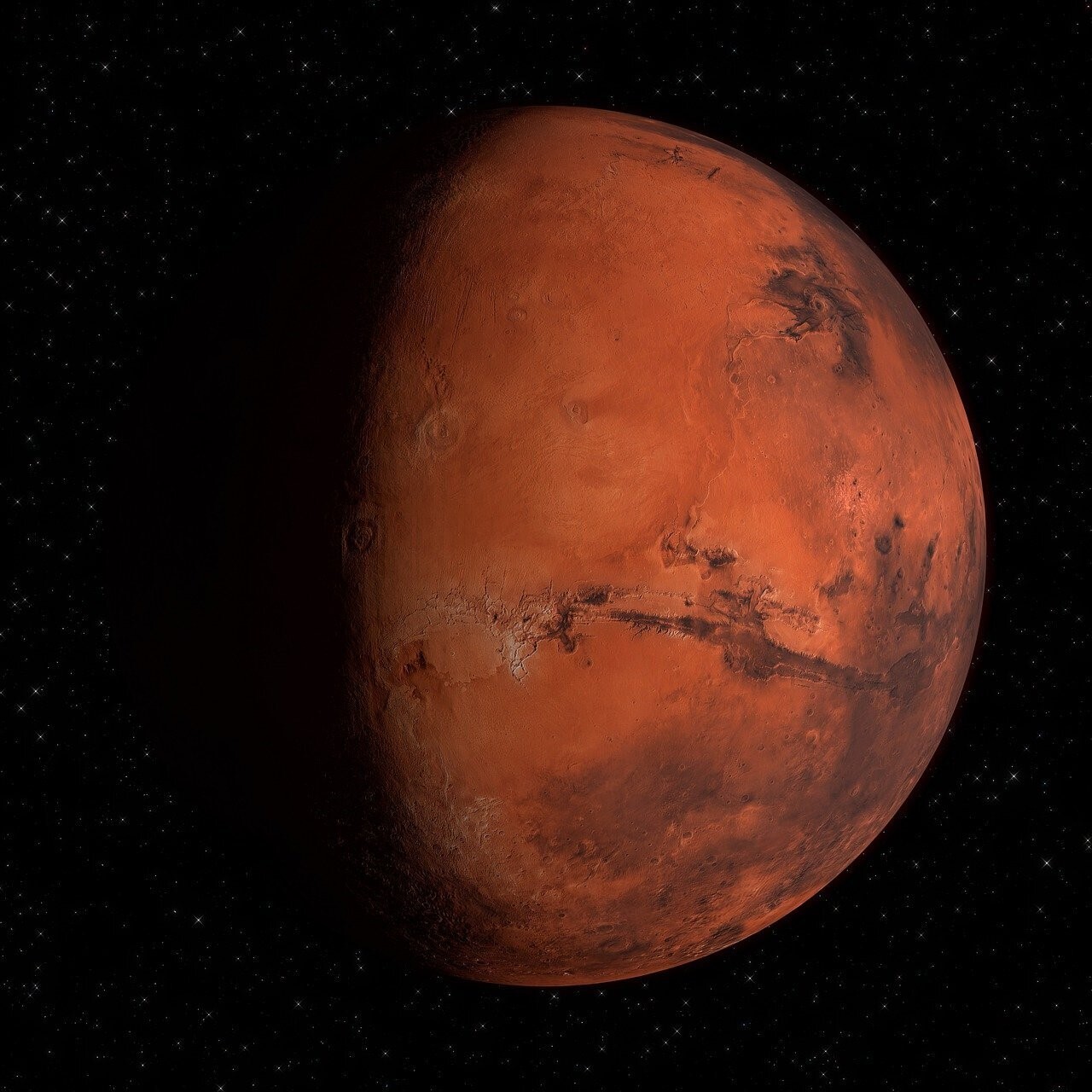

NASA's Perseverance rover has made a groundbreaking discovery on Mars, identifying unusual 'float rocks' in the Jezero Crater with exceptionally high levels of aluminium oxide (Al₂O₃) content. This distinctive discovery, centred around aluminium-rich rock fragments, is key to possibly providing fresh insights into the history of water on Mars and the geological processes that shaped the planet's surface. This discovery brings new questions and potential clues about the ancient Martian environment and whether it could have supported life.

Discovery of aluminium-rich float rocks
Perseverance's exploration of Jezero Crater—a 45-kilometre-wide impact basin believed to have once held a lake—has revealed thousands of scattered light-coloured rocks that stand out against the dark volcanic landscape. These 'float rocks', as scientists refer to them, were identified as unusually rich in aluminium oxide, with some samples containing up to 35 per cent by weight, a stark contrast to typical Martian surface materials. This high aluminium concentration is particularly intriguing, as it indicates specific formation conditions that may have involved substantial water interactions.
Responses








